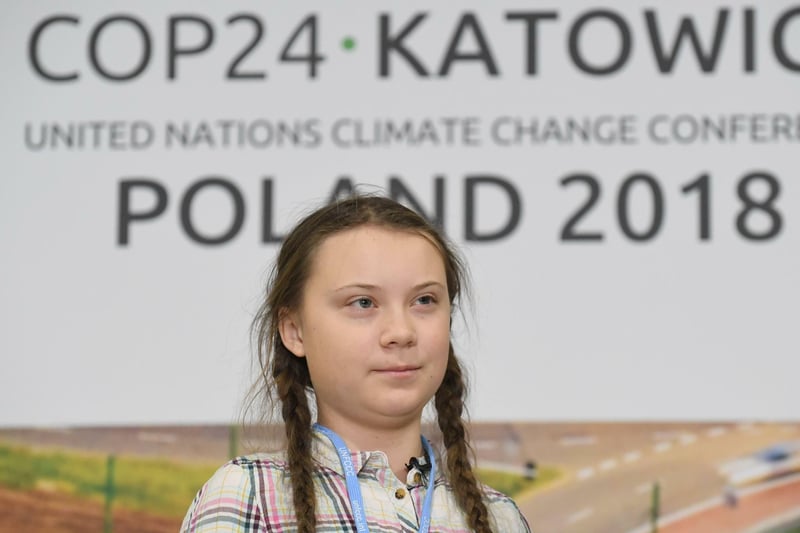
Introduction
Greta Thunberg, the young Swedish climate activist, has emerged as a prominent figure in global discussions surrounding climate change. Since she first gained international attention for her school strike for climate, which began in August 2018, Thunberg’s influence has grown, highlighting the urgent need for comprehensive climate action. Her message resonates particularly with the youth, who recognize the challenges posed by climate change and feel empowered to advocate for their future.
Thunberg’s Journey and Achievements
Thunberg’s activism began as a solitary protest outside the Swedish Parliament, but it quickly sparked a global movement dubbed ‘Fridays for Future.’ Millions of students worldwide have participated in climate strikes, igniting conversations about the need for immediate action to address the climate crisis. Notably, Thunberg has addressed numerous high-profile events, including the United Nations Climate Change Conference (COP) and the European Parliament, delivering impassioned speeches that emphasize the moral responsibility to combat climate change.
Recent Developments
In recent months, Thunberg has continued to advocate for climate justice, calling for world leaders to take meaningful steps towards sustainability. In September 2023, she led a significant climate march in New York City, coinciding with the UN Climate Week. The march brought together tens of thousands of supporters, showcasing the growing urgency among citizens for effective climate policies. Thunberg highlighted the need for systemic change rather than superficial measures that do not adequately address the crisis.
The Significance of Greta Thunberg’s Activism
Thunberg’s approach to climate activism emphasizes facts and scientific consensus, encouraging young activists to remain informed and persistent in their endeavors. Her emphasis on grassroots movements has inspired a new generation to hold governments and corporations accountable for their environmental impact. The intersection of climate action with social justice, as articulated by Thunberg, brings awareness to the disproportionate effects of climate change on marginalized communities.
Conclusion
As we approach key global climate discussions, Greta Thunberg’s voice remains a pivotal force in shaping public discourse around climate change. Her commitment to advocating for future generations will likely inspire further action and mobilization in the climate movement. By continuing to rally support and emphasize the urgency of taking action, Thunberg serves as a reminder of the power of youth engagement and the responsibility we all share in addressing the pressing climate challenges of our time.



